“Swan Upon Leda” : Hozier’s Use of Myth Depicts a Modern Fight for Reproductive Rights
December 7, 2022
Hozier is known for his allusions to classic literature and mythology in his music and has a talent for seamlessly tying them into his lyrics as symbolism for current human issues. Hozier’s latest single, “Swan Upon Leda,” is a devastating yet hauntingly beautiful depiction of the archaic occupation and violence on women’s bodies that has existed as long as women and men have walked the earth.
Hozier himself stated in an Instagram post on October 3 that he hoped to explore with this song an idea proposed by Egyptian Journalist and author Mona Elthawy, who referred to the global systems that control and endanger women as the world’s “oldest form of occupation.”
The song was written by Hozier over a year ago but was released as a single on October 7 of this year. It was later accompanied by a captivating lyric video created by Anna Budanova. The single was an early release ahead of Hozier’s upcoming album Unreal Unearth, which is expected to come out sometime in 2023, and dropped during a poignant moment in current women’s and human rights issues.
“Swan Upon Leda ” has a strikingly different sound from Hozier’s usual music, which typically draws heavily upon folk and blues influences. The song starts as a slow acoustic guitar picking and quickly builds to include a powerful classical overtone with a movie score feel. While the lyrics are heartbreaking and deeply emblematic, the music becomes powerfully energetic and inspiring. With a sound that takes over in a circumambient fashion, Hozier explores the age-old occupation of women at the hands of men and the systems we have created, which persist in our global societies today and are apparent in reproductive rights issues we are currently facing.
The first lyrics are a painful blow as Hozier sings, “A crying child pushes a child into the night,” an allusion to the ancient Greek myth of Leda, in which Zeus transforms himself into a swan and forces himself upon Leda as a consequence of this act she is forced to bear his children. This can also refer to the recent consequences of the overturning of Roe v. Wade, in which the horrific story of a ten-year-old rape victim who was forced to cross state borders in order to obtain an abortion after her home state denied her of one appeared in the news earlier this year.
The lyrics also compare the occupation of women’s bodies with the occupation of land. “The swan upon Leda, Empire upon Jerusalem ” appears to reference Israel’s occupation of Palestine, which Hozier has spoken about before.
Hozier refers to the Irish demi god Setanta, also known as Cuchulainn, which translates to The hound of Culain and comes from a myth where Setanta accidentally killed one of Culain’s hounds and then swore to stand in its place as Culain’s guard. The demi-god is referenced in the lyric, “A grandmother smuggling meds, Past where the god-child soldier Setanta stood dead, our graceful turner of heads, weaves through the checkpoints like a needle and thread.”
This allusion may have a dual meaning. The grandmother smuggling meds into Palestine and making her way past the guard, whom Hozier refers to as “someone’s frightened boy,” effectively humanizes both sides of the conflict and places the weight of its violent implications on man instead of gods. This also could be a reference to Ireland’s long history of strict abortion bans. “Where Setanta stood dead” is also an allusion to the demi-god’s death story in which he tied himself to a stone in his dying hours so he would die standing to face his enemies. This stone is believed to be located in Dundalk, Ireland, near the border of Northern Ireland, which is known to have had the more strict and enduring abortion bans and where abortion medications were illegal.
In 2012, the death of Savita Halappanavar in Ireland, resulting from the law’s refusal to allow doctors to abort her pregnancy although they had determined she was miscarrying, spurred a wave of activism in the country. This eventually led to an amendment legalizing abortions in the first trimester in Ireland. Meanwhile, the United States has taken a major step back this year by overturning Roe v. Wade, effectively taking away pregnant people’s right to guaranteed reproductive healthcare.
Our global societies have long followed patriarchies in which women bear children, who become men, who carry out the suppression of women. Hozier sings, “One more sweet boy to be butchered by men.” and we know that our archaic societies consume both women and men.
But Hozier’s song is a stand of solidarity with the oppressed and an ode to women who are fighting for the right to their own bodies. In his Instagram post regarding the song, Hozier added, “We’re reminded again by the protests in Iran that progressivism is a global movement.” He sees Leda, those fighting for reproductive rights, the brave women leading protests in Iran, and women globally as survivors who have descended from more women who have faced oppression since antiquity. Hozier’s lyrics suggest that women’s rights to their bodies belong to them and to them alone.
“But the gateway to the world, was still outside the reach of him
Would never belong to Angels, Have never belonged to man.”


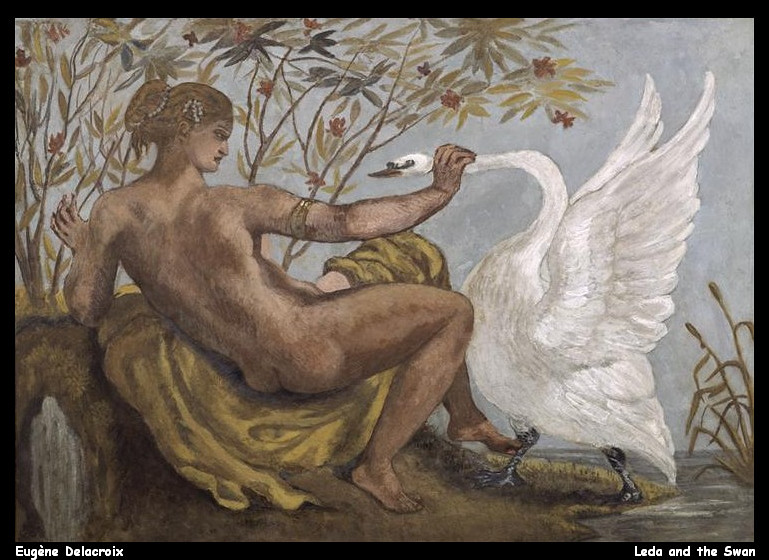

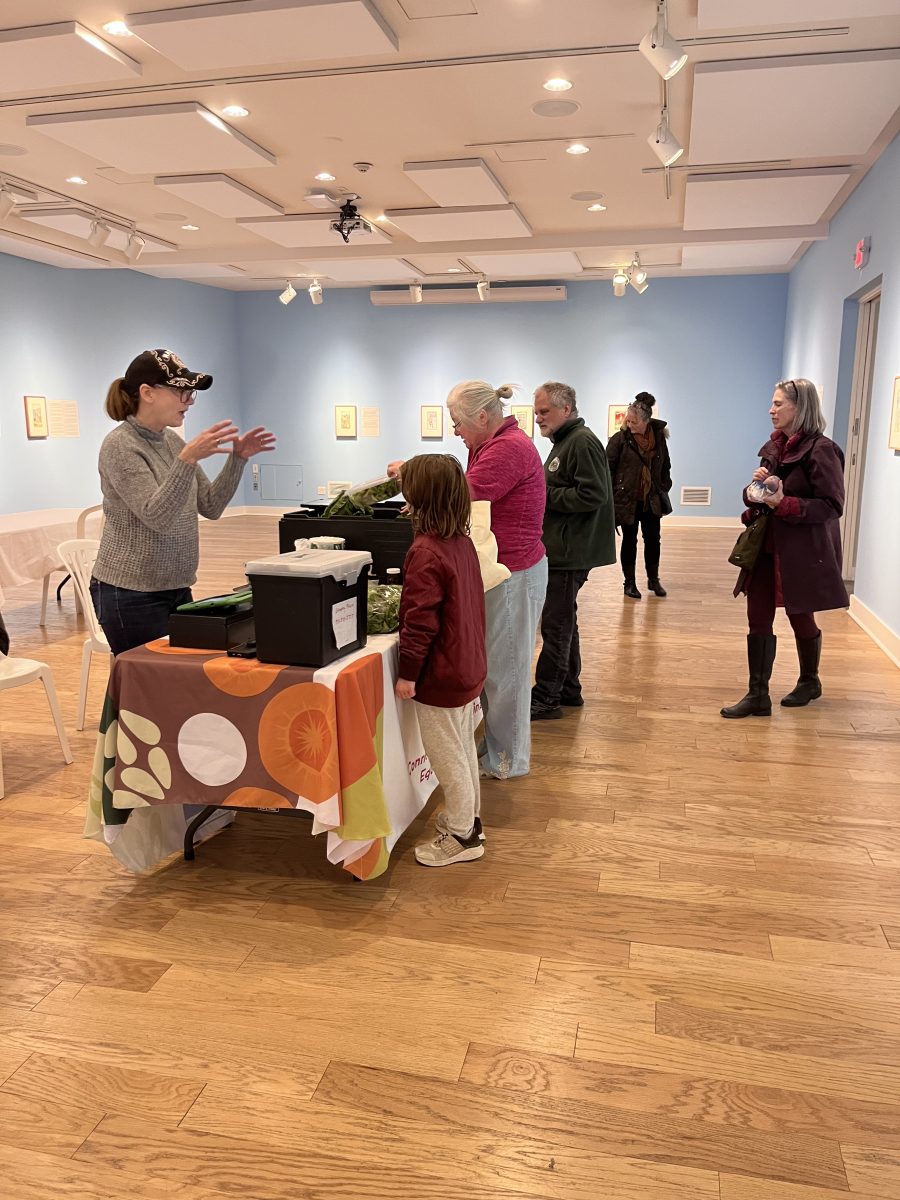
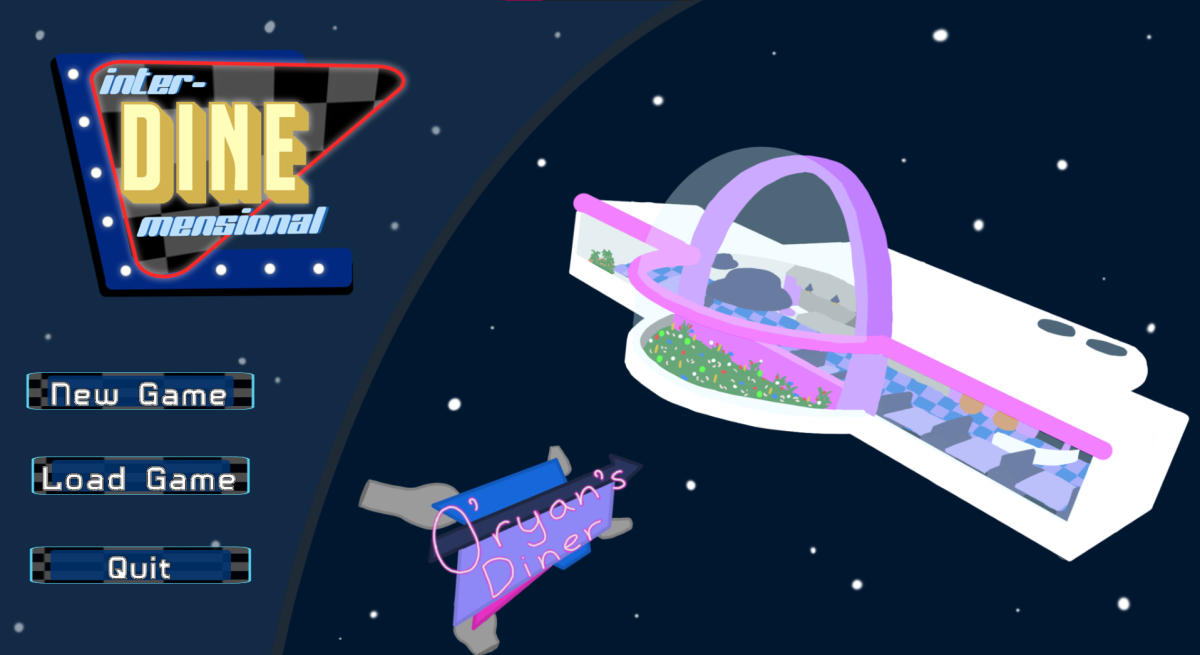


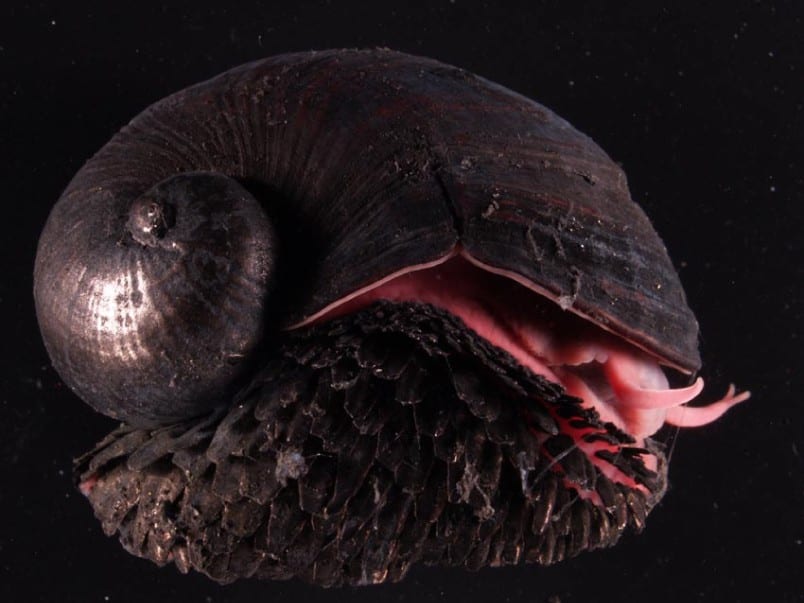


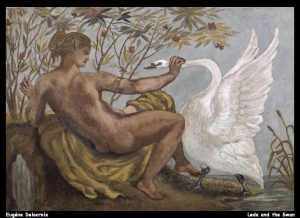
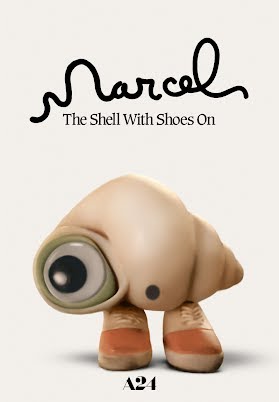
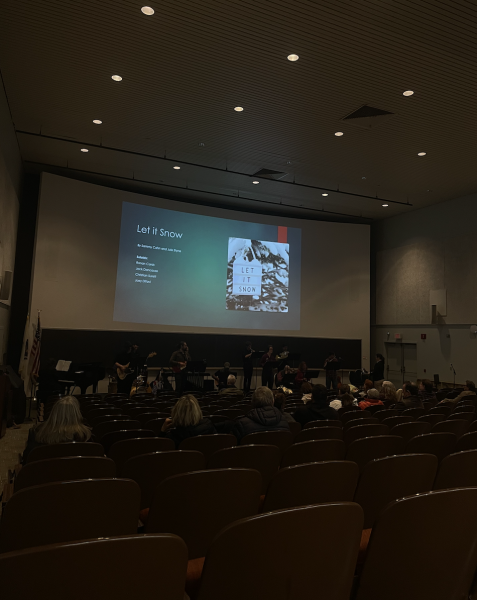






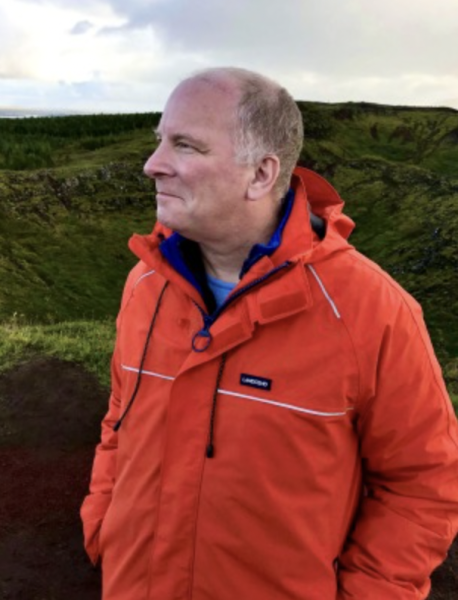


h • Dec 8, 2022 at 9:31 pm
“Pregnant people” are also called WOMEN. How can you complain about the loss of womens’ rights, if you can’t even identify one?